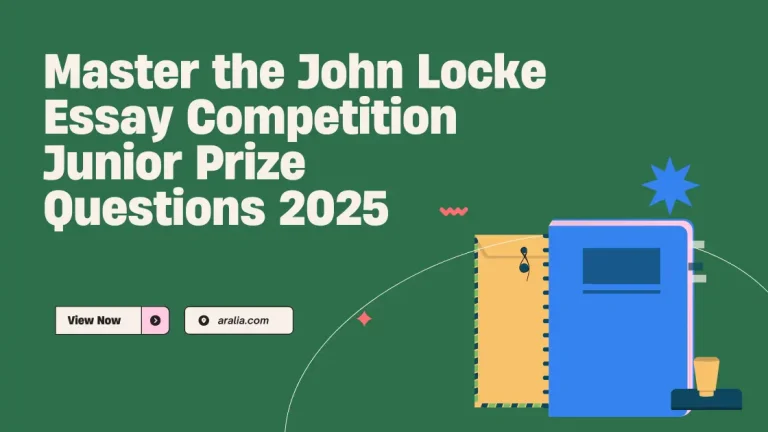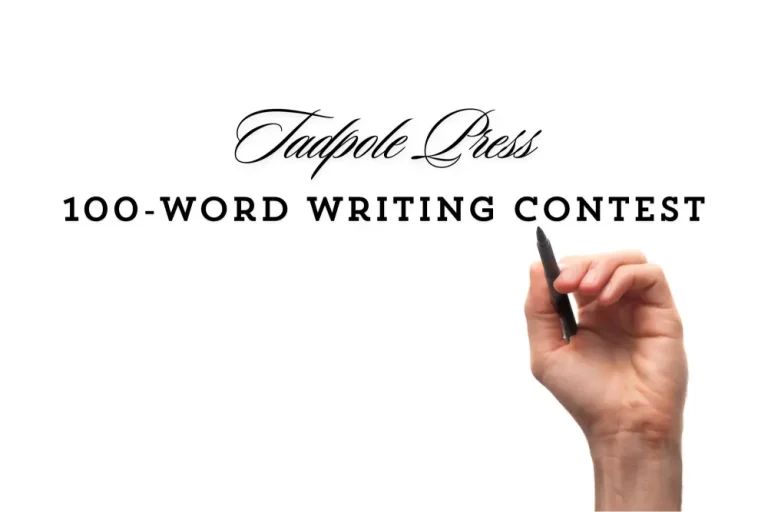85% of Aralia Students Place in Top Writing Competitions
1. What is the New York Times Tiny Memoir Contest?
This fall 2024, the New York Times is hosting its third run of the annual writing contest called Tiny Memoir. Inspired by a series called Tiny Love Stories from the NYT column Modern Love, the NYT Tiny Memoir competition is very famous and has received over 25,000 entries in just two years. High school students from around the world are invited to submit their answer to this topic: can you tell a meaningful and interesting true story from your life in just 100 words?
2. When is the NYT Tiny Memoir Contest 2024?
Start drafting your 100-word creative writing answer today!
Submission window opens November 6 and closes December 4, 2024.
Winners announced early February 2025.
Submit here.
3. NYT Tiny Memoir Eligibility
Any middle or high school student between the ages of 13 to 19 years-old can submit to NYT Tiny Memoir contest from anywhere in the world. The only exception is that participants cannot be related to or live in the same household as a NYT employee. All students must receive adult permission to enter.
4. NYT Tiny Memoir Contest Rules
The topics and genres accepted by the NYT Tiny Memoir contest are endless. The only major submission requirements are that your writing is under the 100 words limit and describes a true story. Your title is not included in the word limit. NYT Tiny Memoir is free to enter, but students can only submit once per year.
Your writing should describe a very specific, meaningful, and personal experience—this can be a special situation, scene, event, etc. The NYT is looking for unique stories that move readers. Show the contest judges how you solve a problem and see a larger meaning behind the story.
Only individual, original work is accepted for Tiny Memoir; collaboration is prohibited for this contest but welcomed in other NYT student contests. Profanity is also prohibited, as this is a contest for young students.
In addition to your 100-word written piece, you must also include an Artist’s Statement in your submission. The artist’s statement is a brief, informal paragraph reflecting on what you did and why, as well as any difficulties you faced during your writing process. This will not be published with your Tiny Memoir, nor will it be used in the grading selection process. There’s no minimum or maximum word count for the artist’s statement, but don’t sell yourself short. Use this opportunity to draw a full, interesting, diverse picture of yourself as a person to The New York Time editors. These artist’s statements help the writing contest organization learn more about who you are as a student writer, and design more appealing future contests for young writers.
85% of Aralia Students Place in Top Writing Competitions
5. How to Write a Tiny Memoir
Read to Get Inspired:
First, get started with reading these entries from Tiny Memoir 2022 Winners and Tiny Memoir 2023 Winners:
- “Nap Time With a Kindergartner Who Doesn’t Know English — Grace Huang, 16, West High School, Madison, Wis.”
- “Anglophone — Jerry Xiong, 16, Prince of Wales Secondary School, Vancouver, British Columbia”
- “The Sidewalk — Nicole, 15, Alisal High School, Salinas, Calif.”
- “Food for the Soul— Emily Pedroza, 15, Lynbrook High School, San Jose, Calif.”
Note how many pieces use humor. They might have an unexpected plot twist in the last sentence. All describe an extremely specific moment, almost as if the authors used 100 words to describe 1 minute of their life. Notice how each sentence moves onto another part of the story, and no two sentences describe the same part of the story. There simply isn’t enough space in the word limit to give too much detail. Most importantly, each author describes their emotions vibrantly. Their writing clearly shows why the narrated moment evoked a strong emotional reaction.
After reading winning student entries, read the latest published pieces from Tiny Love Stories, the NYT column series that inspired this contest. Tiny Love Stories are reader-submitted love stories written in less than 100 words in the Modern Love column. Reminder: the student Tiny Memoir contest doesn’t have to be a love story!
Write to Perfect Your Words:
After you’ve done your share of reading 100-word stories, hone your writing skills with practice. Use prompts to practice. The following sample prompts are from 525 prompts for narrative and personal writing by competition host NYT The Learning Network:
- When has starting overworked for you?
- How do you handle boredom?
- What is your Sunday routine?
- Do you talk to yourself?
- How well do your parents deal with sibling conflicts?
- Has forgiving someone ever made you feel better?
- What does your accent say about who you are?
- Do you need a homework therapist?
Don’t worry about answering a prompt perfectly. Try out as many prompts as possible to get your hand used to writing in this genre. To practice writing a story with a short word limit, try setting a time limit for how long you can write about each prompt. This strategy may help you eliminate unnecessary details and, in turn, focus on the tidbits most crucial to progressing the plot and underlying moral of the story.
Check out Rehearsal Space, an open student forum for you to practice writing 100-word stories, and add your drafts. This is an article with question prompts to get you thinking and a comments section flooded with helpful resources. Check out the comments section to read your peer’s ideas and leave a draft of up to 1,500 characters (around 250 words).
Brainstorm memories for your 100-word narrative with this NYT-made PDF worksheet. These 25 prompts help you rapid-fire recall “moments that matter.” Try to think of a new memory for each one! Throughout the worksheet, you’ll find a special memory that keeps coming back in vivid remembrance—tap into that! What about that memory makes it so special to you that it’s always on your mind?
More resources are available on the NYT guide to teach narrative writing.
6. Why Should I Enter in the NYT Tiny Memoir Competition?
Writing for The New York Times has many benefits, including a chance to get published in the internationally acclaimed, prestigious news platform. Winning essays are published on The Learning Network, a highly regarded section of The New York Times focusing on student topics. Receiving recognition from such a prestigious platform—especially for a contest who’s historically recognized less than 0.7% of submissions—looks incredible on your college applications, as it speaks volumes about your creativity and academic writing potential.
Practice concise writing. The benefits of quality over quantity in writing are endless and repeated in every English/writing class you’ve taken at school. Take the NYT Tiny Memoir contest as a chance to hone your concise writing skills! Too many online guides for concise writing focus on superficially cutting down word count by eliminating redundant or vague filler words, etc. However, with the Tiny Memoir contest, you need to focus on being concise at the core—concise with ideas, selective with details, and eliminate whole sentences or paragraphs, not just take out a couple adjectives. Masterclass writes a helpful guide on concise writing based on ideas. If you’re looking for a challenge, check out this college-level, thesis-based academic writing guide on concise writing by UNC Chapel Hill. George Mason University’s guide uses examples to plainly illustrate the difference in efficiency between a wordy vs. a concise sentence.
7. Prepare with Aralia Education
Consider learning from a writing coach. Aralia Education’s team of experienced teachers come from top-ranking U.S. private high schools. Their dedicated instruction and care for students has led Aralia students to consistently place in top competitions—our students have won over 100 writing competition awards in 2024 alone. Learn more about Aralia Education’s writing competition coaching class!

This class is offered in the fall every year. Students from 13 to 18 years old wanting to learn how to shape their written English into effective and publishable creative pieces will find this particular Writing Competition course very exciting. The class will be shown a range of tools to learn the nuances of controlled, purposeful writing, including: figurative language, effective structuring and specific forms that they will apply to their own pieces.










